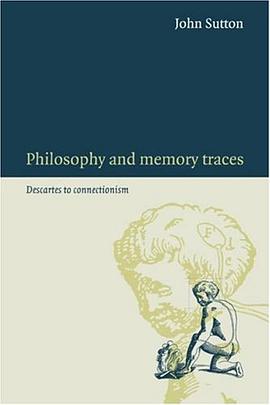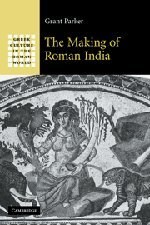

具体描述
Philosophy and Memory Traces defends two theories of autobiographical memory. One is a bewildering historical view of memories as dynamic patterns in fleeting animal spirits, nervous fluids which rummaged through the pores of brain and body. The other is new connectionism, in which memories are 'stored' only superpositionally, and reconstructed rather than reproduced. Both models, argues John Sutton, depart from static archival metaphors by employing distributed representation, which brings interference and confusion between memory traces. Both raise urgent issues about control of the personal past, and about relations between self and body. Sutton demonstrates the role of bizarre body fluids in moral physiology, as philosophers from Descartes and Locke to Coleridge struggled to control their own innards and impose cognitive discipline on 'the phantasmal chaos of association'. Going on to defend connectionism against Fodor and critics of passive mental representations, he shows how problems of the self are implicated in cognitive science.
作者简介
目录信息
读后感
评分
评分
评分
评分
用户评价
相关图书
本站所有内容均为互联网搜索引擎提供的公开搜索信息,本站不存储任何数据与内容,任何内容与数据均与本站无关,如有需要请联系相关搜索引擎包括但不限于百度,google,bing,sogou 等
© 2026 book.wenda123.org All Rights Reserved. 图书目录大全 版权所有




















